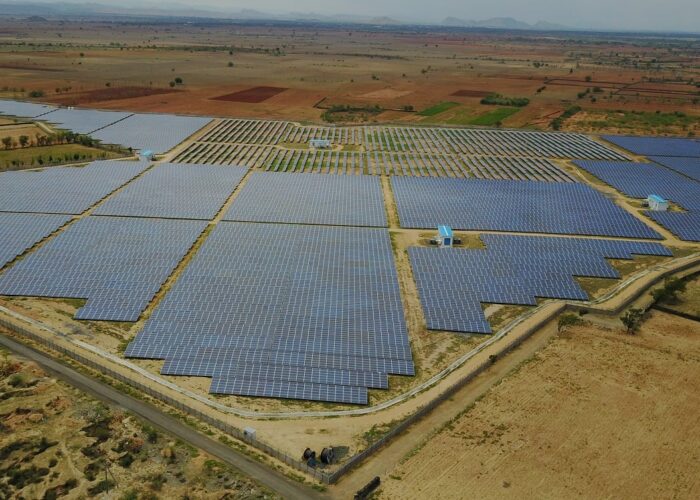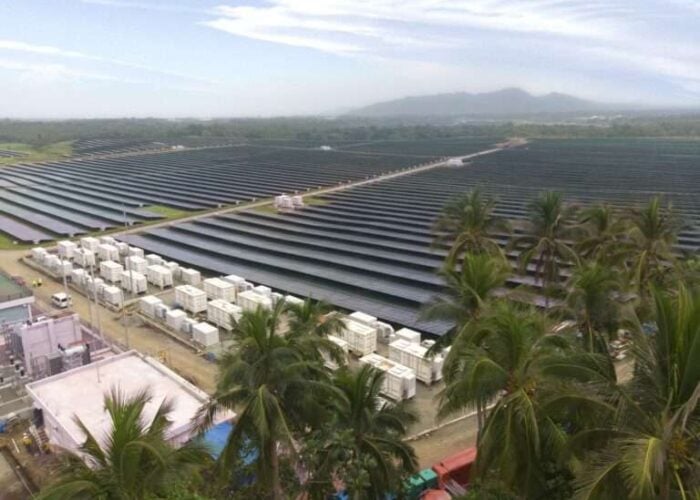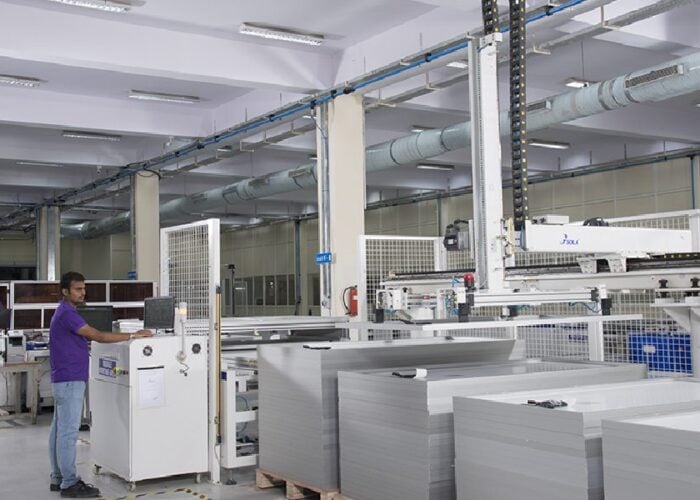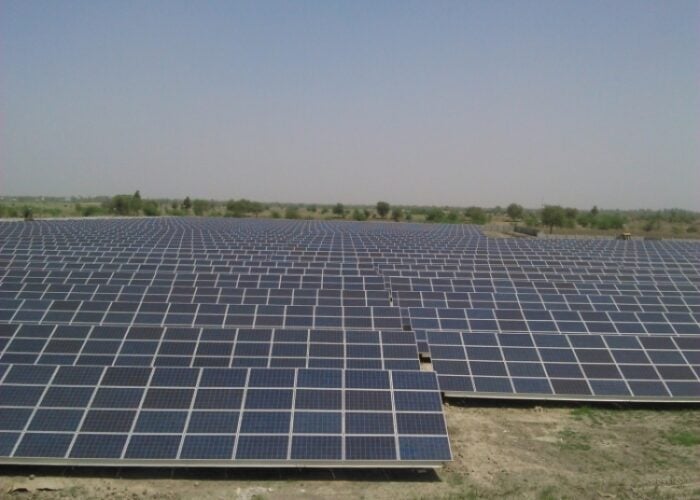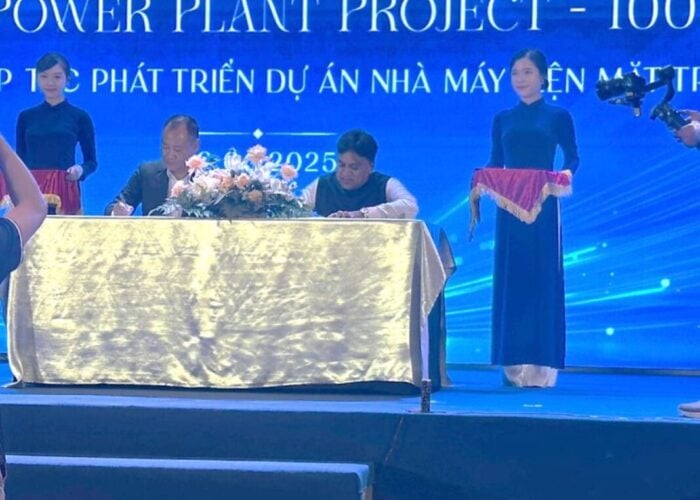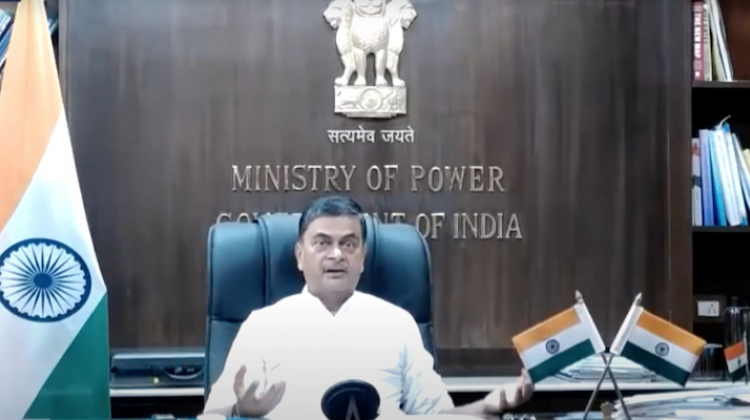
The National Solar Energy Federation of India (NSEFI), which represents companies from across the PV value chain, has written to the Indian central government raising concerns about the upcoming imposition of a Basic Customs Duty (BCD) of 25% on solar PV cells and 40% on solar PV modules.
In a letter addressed to the minister of new and renewable energy (MNRE) R.K Singh, the organisation said the BCD, which comes into effect in April, would cause a “serious jolt” to solar developers and could increase the cost to consumers by INR30-50/kWh (US$0.4-0.66/kWh).
Unlock unlimited access for 12 whole months of distinctive global analysis
Photovoltaics International is now included.
- Regular insight and analysis of the industry’s biggest developments
- In-depth interviews with the industry’s leading figures
- Unlimited digital access to the PV Tech Power journal catalogue
- Unlimited digital access to the Photovoltaics International journal catalogue
- Access to more than 1,000 technical papers
- Discounts on Solar Media’s portfolio of events, in-person and virtual
As a result, it has called on the MNRE to grandfather the BCD for projects announced before its office memorandum (OM) on 9 March 2021 that initially outlined the plans and rate. It said up to 10GW of projects could be adversely affected if steps were not taken.
It said the increase in cost because of the tariffs would have “an adverse impact on the perception of the renewable energy industry which is seen as a cost-effective alternative to the conventional sources of energy”.
To meet the additional cost, developers will be required to raise the funds “via short-term working capital or additional equity at a much higher interest rate leading [to] economic unviability,” said the letter, adding this would hinder business expansion plans and result in lower then expected growth in the Indian solar industry.
The BCD was confirmed in India’s budget announcement on 1 February, which was widely expected after an announcement in November 2021. The budget also saw a quadrupling of funding for the country’s Production Linked Incentive (PLI) scheme, designed to spur domestic PV manufacturing at the same time as the BCD is intended to dampen solar imports.
At the time of the budget announcement, Vinay Rustagi, managing director of research firm Bridge to India (BTI), told PV Tech the budget would be a “game-changer” for domestic manufacturing and would have a far greater impact than the PLI. A more in-depth look at the budget can be found here.
Speaking to PV Tech today, Rustagi said: “Coming on top of various other pressures like the increase in various component and logistics costs and delay in availability of modules, the duty is highly undesirable for the developers.”
That said, Rustagi thought there was little chance of any exemptions or changes to policy being made by the central government. “The chances of any relief appear pretty slim as the Ministry of Finance does not seem in favour of ad hoc waivers,” he said.
PV Tech’s sister site Energy-Storage.news has taken a detailed look at the storage announcements included in the Indian budget, examining the impact on the country’s storage sector.
And PV Tech Premium has broken down the key mechanisms and avenues available to businesses looking to set up manufacturing facilities in India as well as laying out the instruments for investing in the country’s growing solar sector more broadly.

